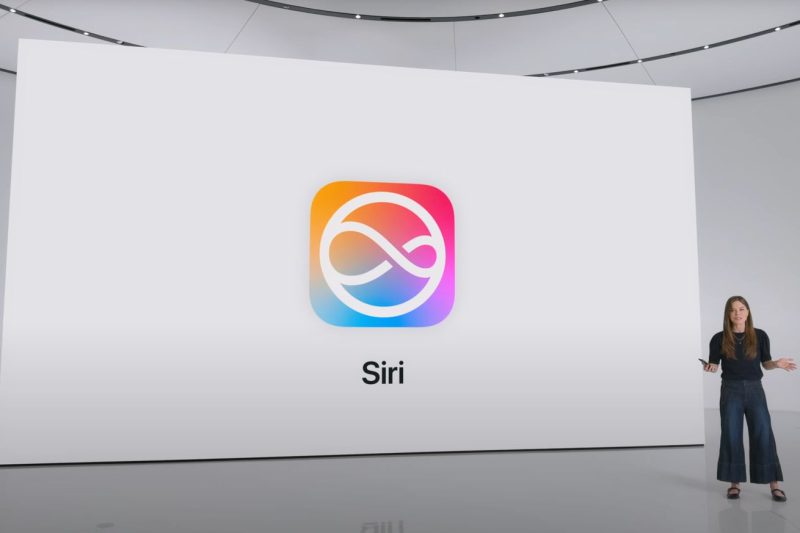In today’s rapidly evolving technological landscape, the role of voice assistants has become increasingly prominent in our daily lives. From performing simple tasks like setting reminders and answering questions to controlling smart home devices and providing personalized recommendations, voice assistants have indeed changed the way we interact with technology. However, as technology advances and consumer expectations continue to rise, the need for a reinvention of voice assistants has become more apparent than ever.
One of the key areas where voice assistants are poised for reinvention is in their ability to understand and respond to natural language. Traditional voice assistants often rely on pre-programmed responses or follow a strict set of commands, limiting their conversational capabilities. The next generation of voice assistants aims to utilize artificial intelligence and machine learning to better understand context, tone, and nuances in human speech, enabling more natural and dynamic interactions between users and assistants.
Another aspect of the much-needed reinvention of voice assistants is their personalization and customization features. Current voice assistants often lack the ability to learn and adapt to individual user preferences and habits over time. In the future, voice assistants are expected to leverage data analytics and behavioral patterns to provide more personalized and tailored experiences for users. This could include remembering past interactions, preferences for certain types of information, and even anticipating user needs before they are expressed.
Moreover, the integration of voice assistants with other emerging technologies is set to revolutionize the way we interact with our devices. The rise of Internet of Things (IoT) devices and smart home technology offers a wealth of opportunities for voice assistants to become even more integral to our daily lives. Imagine being able to control all your connected devices, from lights to thermostats to security systems, simply by using your voice. The upcoming generation of voice assistants is expected to seamlessly integrate with IoT devices to create a truly connected and intuitive user experience.
Furthermore, voice assistants are also set to become more versatile and capable of performing a wider range of tasks. In addition to their current functions like setting reminders, playing music, and providing information, future voice assistants are likely to expand into areas such as virtual shopping assistance, personalized health and fitness coaching, and even emotional support and companionship. By leveraging advanced technologies like natural language processing, computer vision, and emotional intelligence, voice assistants have the potential to become true multi-functional assistants that cater to a variety of needs and preferences.
In conclusion, the much-needed reinvention of voice assistants is indeed on the horizon, promising a future where these AI-powered companions are more intuitive, personalized, and versatile than ever before. By incorporating cutting-edge technologies, enhancing conversational capabilities, and integrating with other emerging trends like IoT, the next generation of voice assistants has the potential to transform the way we interact with technology and enhance our daily lives in ways we have yet to imagine.
